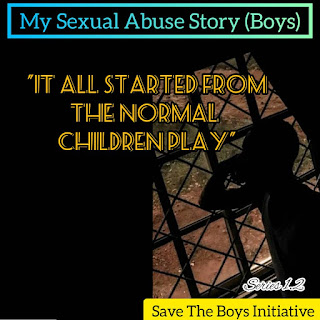Teaching Boys How to Handle Their Emotions
Your son needs to know that, ultimately, he is the one in charge of how he reacts to his feelings.
Dr. Meeker explains that, when boys are still young, as part
of their emotional development, they need to learn that while their feelings
can be intense, they do not need to be ruled by them. In fact, she says that
moms can put it this way to their sons,
“Are you going to allow your feelings
to dominate your decisions, or are you going to take charge of them?”
Here’s
how to teach your son to handle his emotions in a constructive way.
Put a name on them.
Before your son can deal with his emotions, he needs to
identify them. So while it may seem like he’s angry at his father about being
late to his ball game, the actual feeling underneath the surface is sadness.
Teach him to look beyond the surface emotion to what lies deeper.
Green-light the feeling.
Try not to make your son feel guilty for his emotions. As
Dr. Meeker says, “…they can feel strongly about something, but then must choose
how and how not to respond to those feelings.” So don’t teach your son to
suppress anger, jealousy, or other strong emotions. All of those are part of
the human experience.
Call him to action.
Once the feeling is identified and acknowledged, boys must
then decide what to do with it. First,
encourage your son to talk about what he is feeling. He doesn’t have to
over-analyze it, but if he can verbalize it to you, that’s huge. You can then
guide him—not to be confused with giving him advice on how to sort out his
feelings through a filter that takes into account his moral beliefs.
Put him in charge.
Your son needs to know that, ultimately, he is the one in
charge of how he reacts to his feelings. Teach him that physical force is
unacceptable and that he should never use that type of force with others. If he
needs to get out aggression, he can find physical release through exercise,
punching a pillow, or even screaming into a pillow. My very wise uncle, who’s
also a child psychologist, says we need to teach our children that they are the
boss of their feelings.
Credit: Nancy Jergins




Comments
Post a Comment
Thanks for reaching us.